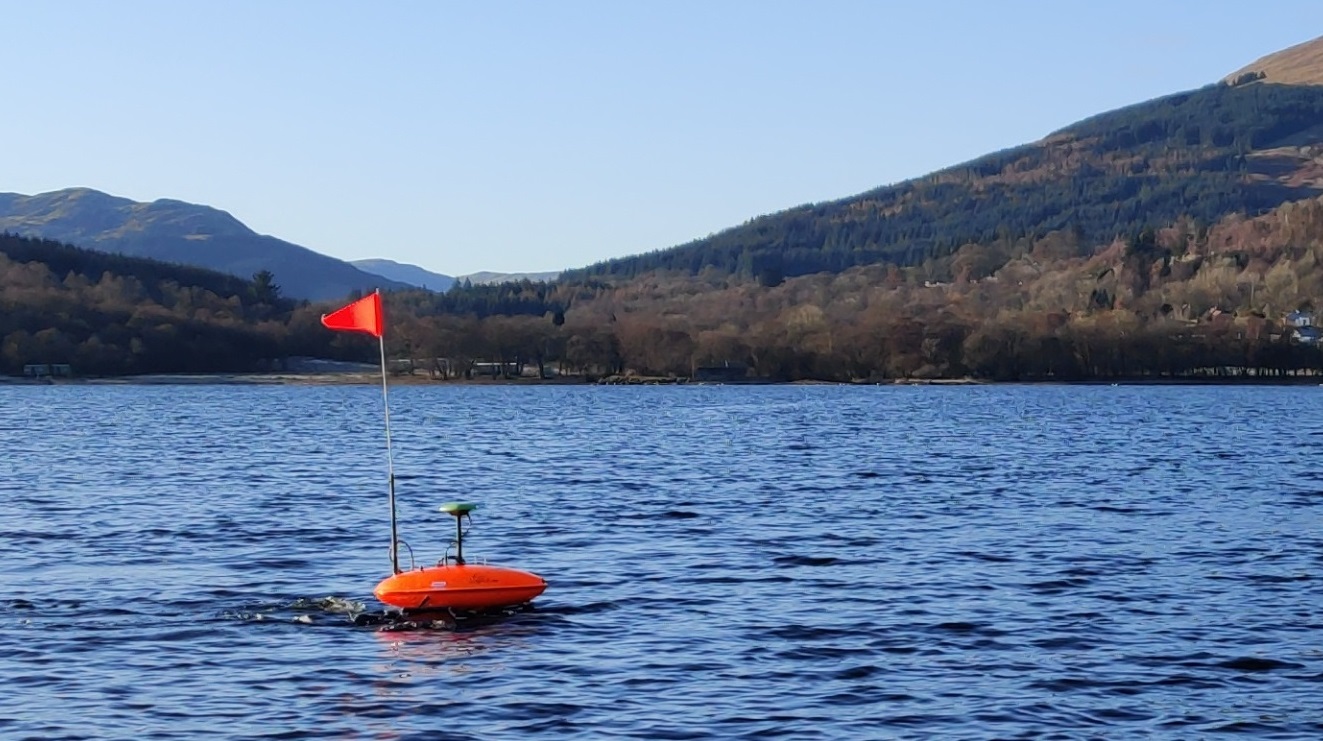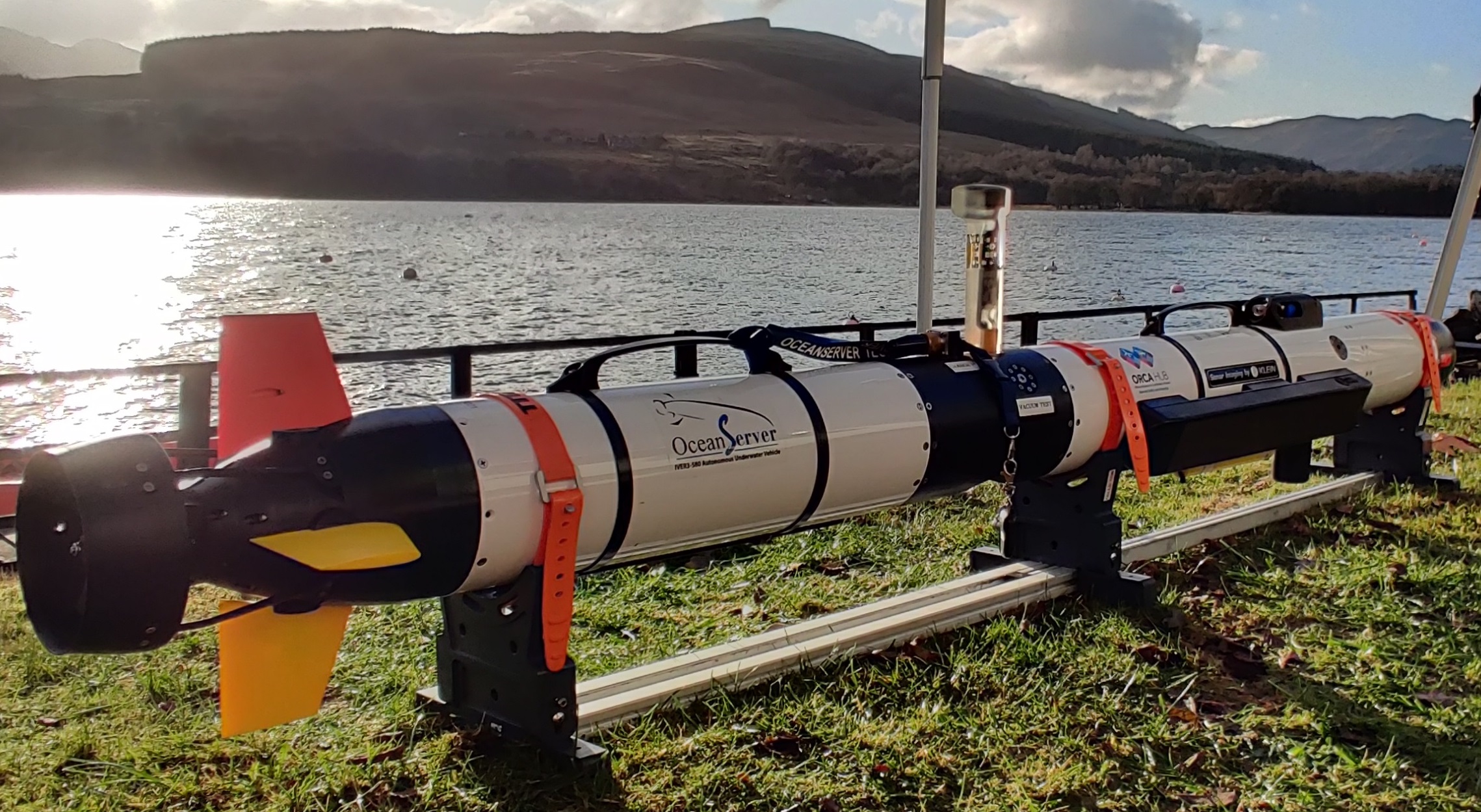Sampling-Based Path Planning for Cooperative Autonomous Maritime Vehicles to Reduce Uncertainty in Range-Only Localization
Published in IEEE Robotics and Automation Letters, 2019
Recommended citation: Willners, J. S., Toohey, L., & Petillot, Y. (2019). Sampling-Based Path Planning for Cooperative Autonomous Maritime Vehicles to Reduce Uncertainty in Range-Only Localization. IEEE Robotics and Automation Letters, 4(4), 3987–3994. https://doi.org/10.1109/lra.2019.2926947 https://ieeexplore.ieee.org/document/8755392
The following paper presents an adaptive path planning algorithm for cooperative localisation in the maritime environment. It considers the scenario where an Autonomous Surface Vehicle (ASV) acts as a Communication and Navigation Aid (CNA) to support Autonomous Underwater Vehicles (AUVs) with range measurements. As AUVs have no access to GPS while submerged, range measurements can bound the otherwise continuously growing navigational error. This can be done by methods such as range-only Extended Kalman Filter (EKF). In such methods, the resulting uncertainty and positional error depends on the geometry between transmitter (CNA) and receiver (AUV). This paper proposes a planning algorithm that combines priority based expansion of a search tree with random sampling-based exploration to position the CNA at strategic positions to transmit ranging messages at optimal times to reduce the uncertainty and error at the AUVs’ position. The approach is validated and shows an increased confidence for AUVs’ localisation in simulated environments as well as real experiments using a dataset gathered from AUV Sirius.


